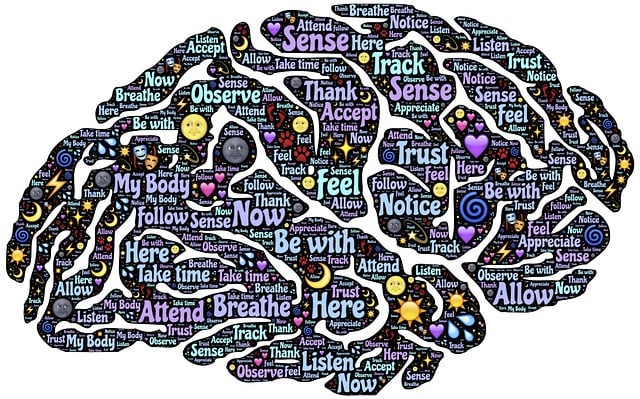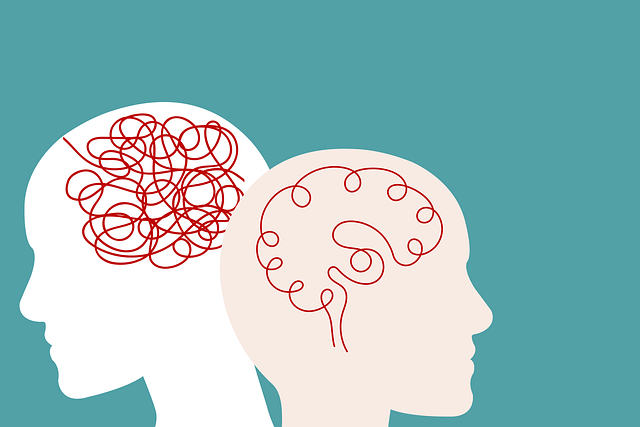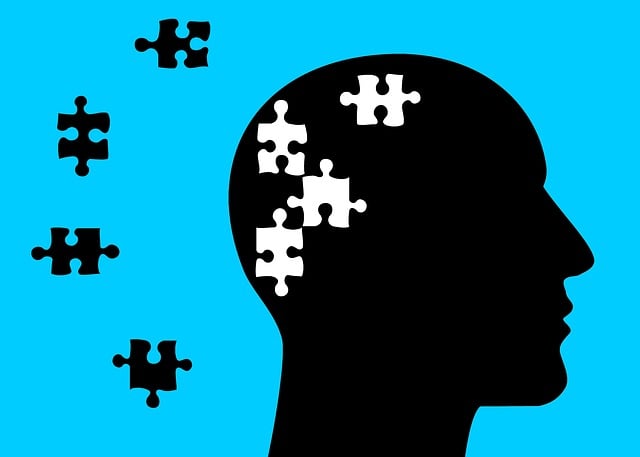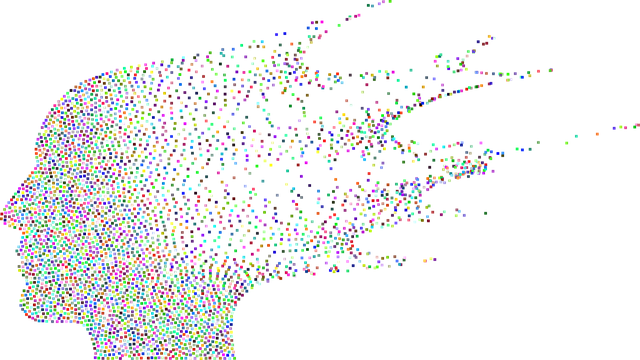Depression, a multifaceted condition, requires early identification for effective management. Boulder Anger Management Therapy offers a unique approach by addressing anger, a key symptom and trigger of depression. This therapy equips individuals with healthy coping mechanisms, enhancing resilience and overall mental well-being. Combining this specialized care with lifestyle habits like exercise, balanced nutrition, and stress reduction techniques creates a robust defense against depression, promoting lasting mental health.
Depression is a prevalent and serious mental health concern, affecting individuals across all demographics. This article explores practical strategies for prevention, offering valuable insights into identifying early signs and fostering resilience. From recognizing subtle symptoms to implementing effective therapies like Boulder Anger Management Therapy, we delve into proactive measures. Additionally, it highlights the significance of lifestyle adjustments and robust support networks in mitigating risks. By embracing these strategies, individuals can take charge of their mental well-being and foster a more balanced life.
- Recognizing the Signs: Understanding Depression and Its Impact
- Boulder Anger Management Therapy: A Proactive Approach to Prevention
- Lifestyle Changes and Support Systems: Building Resilience Against Depression
Recognizing the Signs: Understanding Depression and Its Impact

Depression is a complex mental health condition that can significantly impact an individual’s daily life and overall well-being. Recognizing the signs early on is crucial in preventing and managing this illness effectively. Understanding depression involves recognizing its various manifestations, as it can present differently in each person. Symptoms may include persistent feelings of sadness, loss of interest or pleasure in activities once enjoyed, changes in appetite and sleep patterns, fatigue, difficulty concentrating, and even thoughts of death or suicide. These signs are not temporary mood swings but rather sustained and severe enough to interfere with one’s ability to function.
Boulder Anger Management Therapy offers a specialized approach to addressing underlying emotional issues that contribute to depression. This therapy focuses on helping individuals identify and manage intense anger or frustration, which can be both a symptom of depression and a trigger for further distress. By developing healthy coping mechanisms and gaining insight into personal struggles, individuals can enhance their resilience and overall mental health. Additionally, seeking support from a healthcare provider with cultural competency training and crisis intervention guidance is essential. They can provide tailored strategies for stress management and offer valuable resources to navigate the challenges of depression, ensuring individuals receive the comprehensive care they need.
Boulder Anger Management Therapy: A Proactive Approach to Prevention

Boulder Anger Management Therapy offers a proactive and effective approach to depression prevention by targeting one of its key contributors: anger. Chronic anger can lead to a cascade of negative emotions, contributing significantly to depressive episodes. This therapy provides individuals with powerful tools to manage their anger in healthy, constructive ways. By learning to recognize triggers, process intense feelings, and respond calmly, participants gain a sense of control over their emotional reactions.
Incorporating Boulder Anger Management Therapy into one’s self-care routine development for better mental health is crucial. It not only helps prevent depression but also promotes overall well-being by enhancing confidence and boosting self-esteem. Additionally, stress reduction methods taught during these sessions empower individuals to navigate challenging situations more effectively, thereby minimizing the risk of depressive episodes triggered by anger or frustration.
Lifestyle Changes and Support Systems: Building Resilience Against Depression

Depression prevention strategies often begin with significant lifestyle changes and the cultivation of a robust support system. Incorporating self-care practices such as regular exercise, balanced nutrition, and sufficient sleep can significantly reduce the risk of depression. Engaging in stress reduction methods like mindfulness meditation, deep breathing exercises, or yoga has also been shown to build resilience against depressive episodes.
In addition to these personal wellness strategies, building a strong network of support is vital. Connecting with loved ones, joining support groups, or seeking professional help through Boulder Anger Management Therapy can provide the coping skills development needed to navigate life’s challenges without succumbing to depression. These integrated approaches work together to create a robust defense against depressive symptoms and promote overall mental well-being.
In the battle against depression, a multi-faceted approach is key. By recognizing signs early and understanding its impact, individuals can take proactive steps like engaging in Boulder Anger Management Therapy for emotional resilience. Integrating lifestyle changes and building strong support systems further strengthens defense mechanisms against depressive episodes. These strategies, when combined, create a robust prevention plan, offering hope and empowerment to navigate life’s challenges with enhanced mental well-being.














